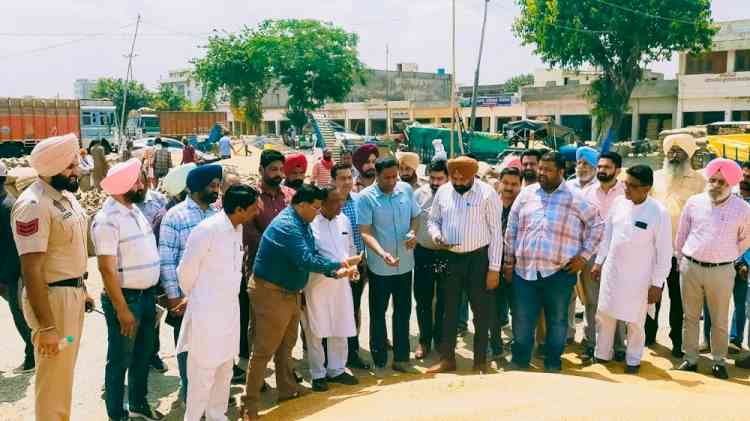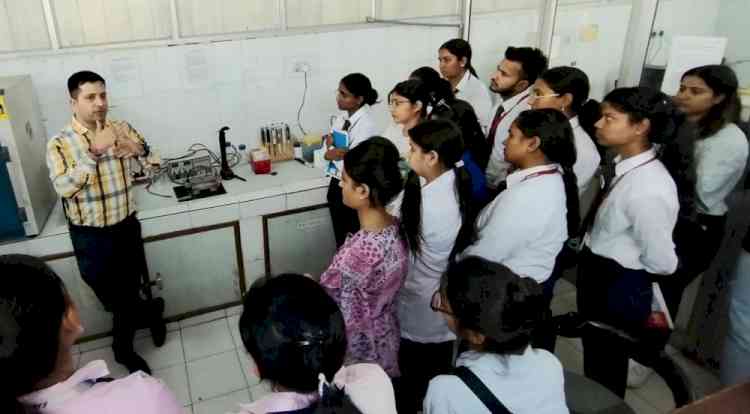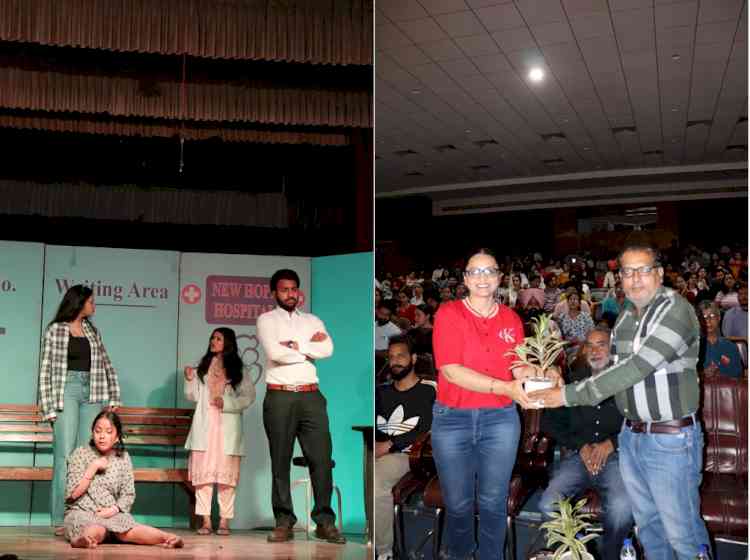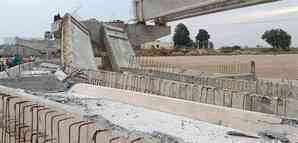FICCI Workshop on National Steel Policy 2017 and Policy for Providing Preference to Domestically Manufactured Iron & Steel Products in Government Procurement
Author(s): City Air NewsPolicies to focus on value addition, R&D and raw material security to make steel industry globally competitive and self-reliant NEW DELHI, June 29, 2017: The National Steel Policy (NSP) 2017 and Policy for Providing...

Policies to focus on value addition, R&D and raw material security to make steel industry globally competitive and self-reliant
NEW DELHI, June 29, 2017: The National Steel Policy (NSP) 2017 and Policy for Providing Preference to Domestically Manufactured Iron & Steel Products in Government Procurement will pave the roadmap for accelerating growth of the steel industry. The policies will focus on value addition, R&D and raw material security to make the steel industry globally competitive and self-reliant while taking ahead the vision of Prime Minister Narendra Modi’s ‘Make in India’, said Mr. Chaudhary Birender Singh, Minister for Steel, Government of India, at a workshop organized by FICCI on ‘National Steel Policy 2017’ and ‘Policy for Providing Preference to Domestically Manufactured Iron & Steel Products in Government Procurement’.
Alluding to the impact of GST on the steel sector, Mr. Singh said that it was being anticipated that with GST in place the cost of raw materials will come down, making the sector competitive and boost exports. There were issues pertaining to the roll out of GST and the government was working towards bringing about clarity on them. He added that with GST, the time and cost of transportation and logistics is expected to come down by 40-45 per cent.
Mr. Singh said that the government’s emphasis was on production and consumption of clean and green steel. Therefore, the policies provide for protection of human health, environment and safety of the people. He added that the industry should aim for zero waste and help in reducing the carbon footprints.
The Minister said that with the roll out of the New Steel Policy, it was envisaged that the industry will be steered with appropriate policy support in creating an environment for promoting domestic steel, while ensuring a scenario where production meets the anticipated pace of growth in consumption and creating a technologically advanced and globally
competitive steel industry that is self-sustainable and environment friendly.
Mr. Vishnu Deo Sai, Minister of State for Steel, Government of India, said that NSP 2017 would enable the industry to grow rapidly by addressing the challenges that have emerged with new markets and issues related to gap in demand and supply in the sector. There was a need to enhance competiveness and quality and control the expenditure by way of reducing imports
and the two new policies would be focusing on these critical issues.
Mr. Sai said that the government, private sector and other stakeholders had worked in tandem to bring about these two comprehensive and robust policies. Now was the time for effective roll out of the policies and for this the stakeholders needed to work in close collaboration. He added that new technology and structural growth was needed to boost the sector.
Dr. Aruna Sharma, Secretary, Ministry of Steel, Government of India, said that the government was on track towards achieving the target of 150 MT but the real challenge would be to step it up to 300 MT. Techno-economic parameters will have to be improved substantially and domestic market and steel intensive structures will have to be augmented considerably to achieve the target of 300 MT by 2030-31. She added that the key factors for the two policies were quality and competiveness and these had to be sustained to augment the growth of the steel sector.
Dr. Sharma said that a booklet had been disseminated amongst the state governments, government agencies and stakeholders, which would act as a ready reckoner for the implementation of the two policies. She added that the government was earnest in its efforts towards making the steel industry self-reliant, reducing imports and increasing the domestic consumption and manufacturing of steel.
In his policy presentation, Mr. Anupam Prakash, Director, Ministry of Steel, Government of India, highlighted that the NSP 2017 aims at building a globally competitive industry; increasing steel demand; focusing on R&D; and meeting the projected target of growing to 300 MT by 2030-31. Alluding to the key impacts of DMI&SP Policy, he said that it would increase employment in steel & allied sector; improve steel industry and manufacturing contribution to India’s GDP; reduce dependence on import to cater large domestic market; develop the domestic steel market and providing the financially stressed steel sector with a market.
Mr. P K Singh, Chairman, Steel Authority of India Limited and Chair, FICCI Steel Committee, said that awareness programmes would be organized during the current fiscal year to make the industry appreciate the usage of steel and steel slag. Also, a programme was being organized to resolve the issue of corrosion with the use of steel. He added that the workshop provided a platform to the government and industry to chart out the roadmap for the sustainable development of the sector.
Mr. Prabir Raychaudhury, Director (Commercial), Rashtriya Ispat Nigam Limited and Co-Chair, FICCI Steel Committee and Dr. A Didar Singh, Secretary General, FICCI, shared their perspectives on the two policies. On the occasion, ‘Glimpses of India Steel 2017’ was also released. Mr. Sunil Barthwal, Joint Secretary, Ministry of Steel, Government of India, moderated the session.

 cityairnews
cityairnews 
















